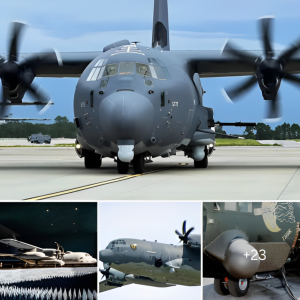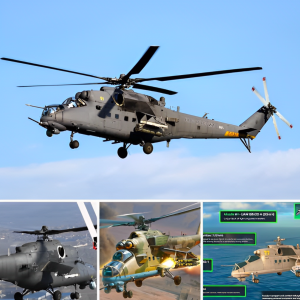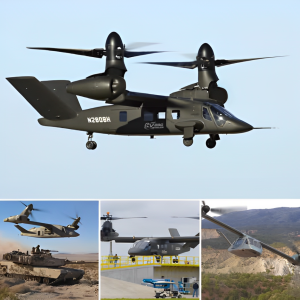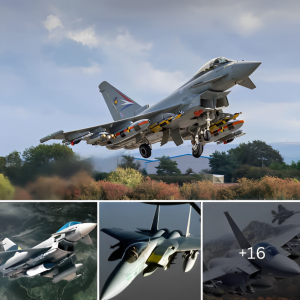A major defense policy bill with updates to the Air Force’s efforts to retire some airplanes is close to passing in Congress. The Air Force wanted to remove two critical warplanes from its fleet before lawmakers made their decision on the FY23 National Defense Authorization Act (NDAA), which the House of Representatives has already approved.

Time for Some Warthogs to Bid Adieu
Now, 21 A-10 Warthogs will be ending their service next year, but the House said no to retiring the F-22 Raptor. The Air Force was slated to cut 33 of the oldest F-22s. The Senate is expected to pass the NDAA in its current form in a vote that would save the F-22 from the chopping block.
Cuts Will Be for the Reserve Component
The A-10s will be removed from the Fort Wayne Air National Guard Base in Indiana and F-16s will take their place. Congress and the Air Force have been sparring about the future of the A-10 for years as some legislators have fought to preserve it, while other Air Force leaders have wanted to move on from the ground strike airplane.
F-22 Numbers Are Unchanged
The F-22 lives to fight another day as the service branch wanted to nix a batch of the oldest F-22 Block 20 Raptors. Some members of Congress felt that both airplanes are expensive to fly and maintain. For example, the F-22 will cost around $1.8 billion to keep in the air over the next eight years.

Language in the Bill Prohibits F-22 Cuts
The NDAA codifies that the F-22 will be provided funds for maintenance and support personnel. The policy bill specifically forbids reducing the numbers of the F-22. The legislation also calls for a study on how the older Block 20 Raptors can be upgraded to the current Block 30/35 variants.
Down to 1,800 Total Airplanes for the Air Force
Other airplanes such as the F-16 C/Ds and F-15 C/Ds will be eventually retired from the active component of the Air Force. The final number of airplanes in the fleet will fall from 1,970 to 1,800. The Air Force will again report to Congress on how these future cuts will impact the force’s posture and readiness.
Pros and Cons About the A-10
The A-10 has its pluses and minuses. It served its country well during wars in Iraq and Afghanistan by providing close air support to pinned-down soldiers. Its dangerous 30mm GAU-8/A Avenger cannon brought death and destruction to enemy combatants. But some Air Force leaders and lawmakers have reservations about how effective the airplane would be against modern air defenses. The airplane flies low and slow. It is not seen as something that could evade a bevy of surface-to-air missiles in contested air space.
“The A-10 is a great platform for a [permissive] environment,” Air Force Chief of Staff General CQ Brown told Congress in April. “I don’t see very many [permissive] environments that we’re going to roll into in the future.”

China Is Building More Stealth Fighters
As China prepares to produce its own stealth fighter – the J-20 Mighty Dragon – in higher amounts, some lawmakers believe that now is not the time to reduce the numbers of American stealth fighters, despite the expensive flight costs per hour.
Other Programs Are Competing for Funding
The main idea behind the reduction in force is the savings from airplane retirements that could be re-invested into buying additional platforms such as the F-35. The NDAA calls for only 38 new F-35s for the Air Force which would not keep pace with the new J-20 that China is making rapidly. The branch also needs funding for the Next Generation Air Dominance fighter and the new F-15EX Eagle II.
The compromise between Congress and the Air Force should not hurt the overall force posture that much. The A-10s were in the reserve component and the F-22s could eventually be upgraded. But China continues to produce new airplanes and the U.S. military must keep up. Many members of Congress have agreed with this assessment that removing F-22s is not appropriate in FY23.





